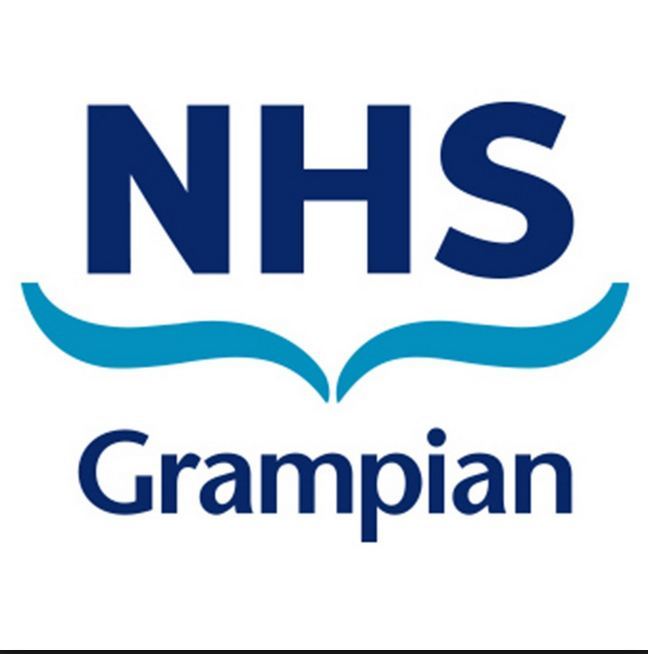Opposition MSPs have urged SNP ministers to spend additional healthcare funding on tackling medical staff shortages in the north-east.
The Scottish Government is expected to be given £200million under the Barnett funding formula and Labour and the Conservatives think some of it should be used to attract more specialist staff to the Aberdeen area.
The money is Scotland’s share of a £2billion NHS spending announcement south of the border expected to be made by Chancellor George Osborne in the Commons tomorrow.
North-east Labour MSP Richard Baker said: “Given the massive challenges faced by NHS Grampian it is vital any extra money for health sees resources allocated specifically to deal with the problems at our health board.
“We face huge challenges on recruitment on waiting times because of years of under-funding and it is time NHS Grampian got a fair deal from this Scottish Government.”
North-east Tory MSP Nanette Milne said the cost of living in the north-east was having an impact on NHS staff and the Unison trade union recently carried out research that found that child care costs were on average £800 higher than anywhere else in Scotland.
“It is welcome news that thanks to the strong economic management by the UK Government additional resources are being made available for our health services,” she added.
“Health boards across the north and north-east have been expressing concern for some time at the difficulty in recruiting GPs and specialists as well as retaining key medical professionals.
“We have called on the Scottish Government to investigate the introduction of a high cost area supplement to help with the recruitment of key health specialists.”
The government insists the health board has received increases in funding above the national average.
A spokesman said NHS Grampian’s frontline budget has increased by £229.2million since 2007 and will increase by 4.4% to £812.6million for 2015-16.
The health board is today expected to publish part of a Royal College of Surgeons of England report into working practices at Aberdeen Royal Infirmary.
It was commissioned by the health board’s former medical director, Roelf Dijkhuizen, who retired in October, and focuses on relationships between key staff.
A Healthcare Improvement Scotland report into culture and practice at ARI is also expected to be published today.
